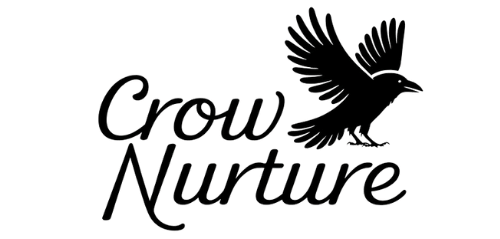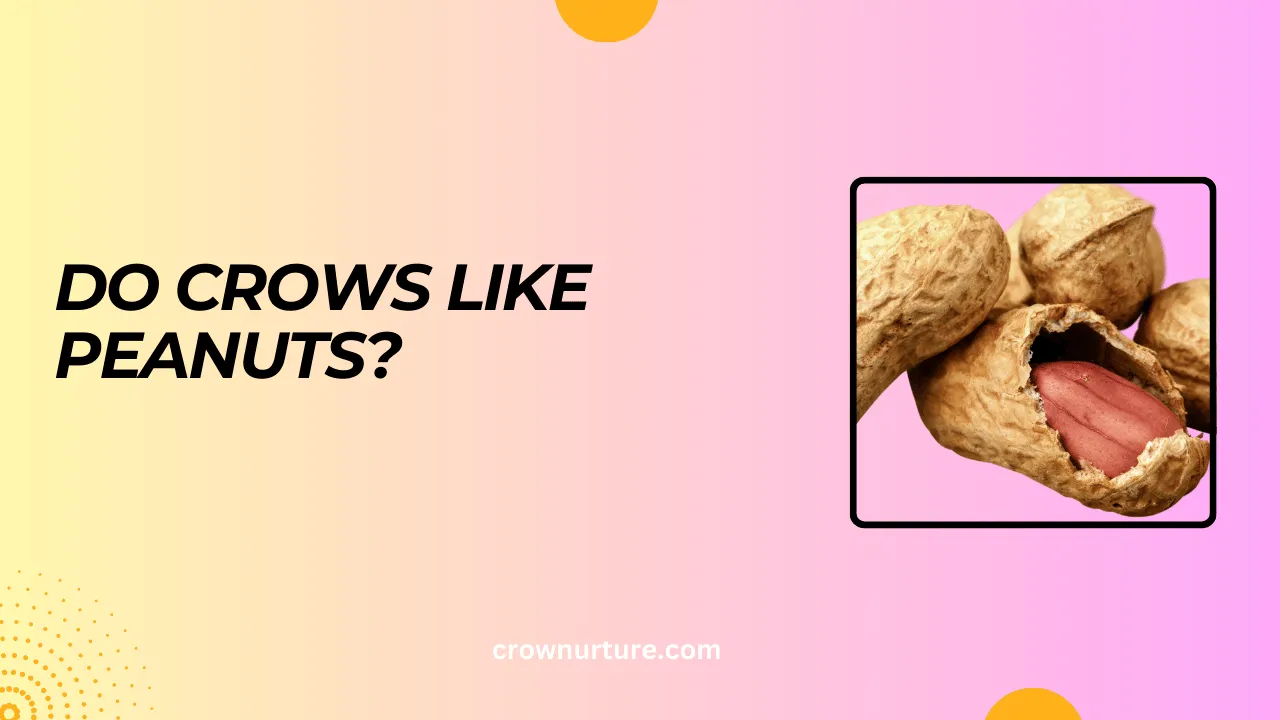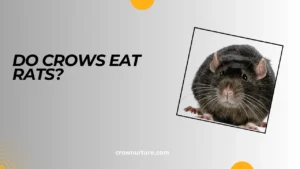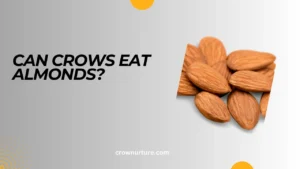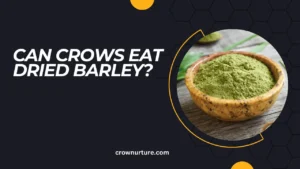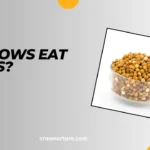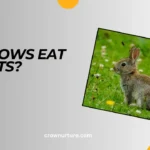Crows are some of the most intelligent and adaptable birds, often captivating us with their cleverness and social behaviors. While they have a reputation for eating just about anything, one question often arises among bird enthusiasts and backyard feeders: Do crows like peanuts?
Understanding this preference is not only intriguing but also provides insight into their feeding habits and how humans can interact responsibly with wildlife.
Peanuts, often considered a healthy snack for humans, are a favorite among many bird species. Their high energy content, ease of access, and unique taste make them an attractive food source. But what makes crows particularly drawn to peanuts?
This inquiry dives deeper into the dietary preferences of crows, revealing fascinating details about their opportunistic nature and their interactions with human-provided food.
By understanding why crows enjoy peanuts and the impact of feeding them, we can create a more informed and ethical approach to engaging with these intelligent creatures.
Whether you’re an amateur birdwatcher or someone curious about the natural world, learning about crow behavior and their love for peanuts will deepen your appreciation for these remarkable birds.
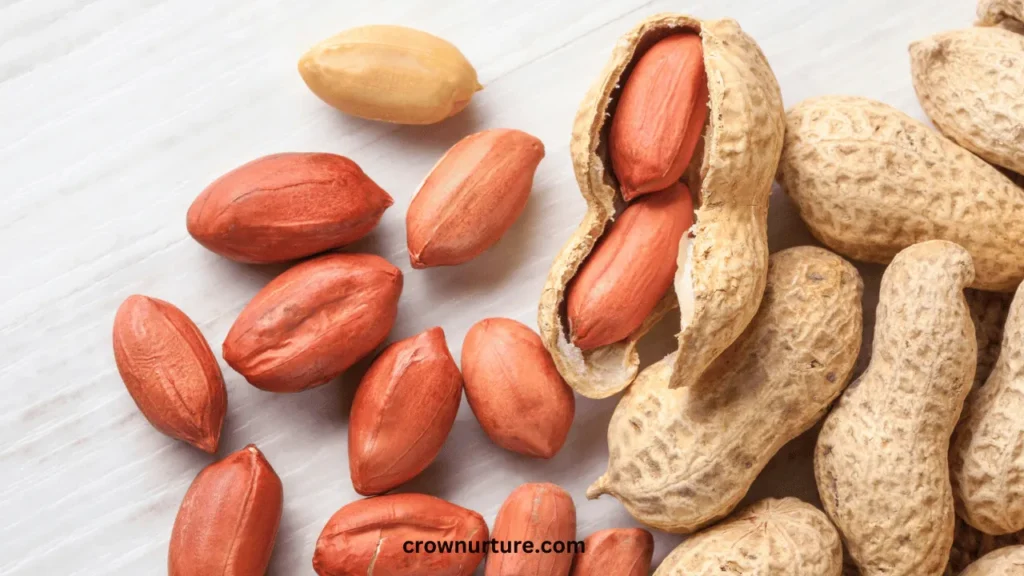
Contents
1. Crow Diet and Foraging Behavior
- Omnivorous Nature: Crows are highly adaptable omnivores, eating everything from insects and small animals to fruits, seeds, carrion, and even human leftovers. This versatility allows them to thrive in a variety of environments, from dense forests to bustling cities.
- Opportunistic Feeding: Unlike picky eaters, crows are opportunistic. They’ll consume whatever is readily available and easy to access, making peanuts a convenient and appealing option.
- Food Preferences: While crows can eat almost anything, they prioritize foods that are high in energy and nutrients, such as nuts and seeds. Peanuts, in particular, fit this category perfectly.
2. Nutritional Value of Peanuts
- Rich in Protein and Fats: Peanuts provide essential proteins and fats, which are crucial for energy and maintaining the bird’s active lifestyle. These nutrients are especially valuable during cold months when energy demands are higher.
- Vitamins and Minerals: Peanuts are packed with vitamins like B-complex and E, along with minerals such as magnesium and phosphorus. These contribute to a crow’s overall health and vitality.
- Energy-Dense Food: Peanuts offer a concentrated source of calories, giving crows the energy boost they need to forage, nest, and defend their territories.
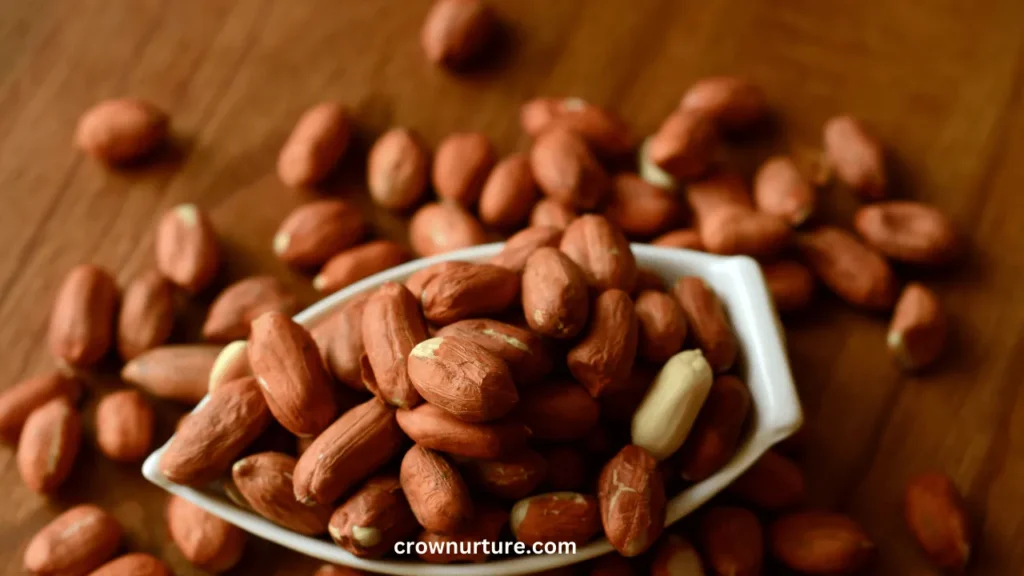
3. Crow Preference for Peanuts
- Taste and Texture: Peanuts are naturally sweet and crunchy, which appeals to crows. Their strong beaks easily crack open the shells, adding to the enjoyment of the snack.
- Ease of Handling: Peanuts are the perfect size and shape for crows to carry, hold, or store for later use. Their adaptability extends to cracking open hard shells or even caching peanuts in hidden spots.
- Nutritional Satisfaction: Unlike some foods, peanuts offer immediate energy and long-lasting benefits, making them an instinctively preferred choice when available.
4. Factors Influencing Peanut Consumption
- Availability: In urban areas, peanuts are often left out by humans, making them an easily accessible food source. In rural regions, peanuts may be part of agricultural crops or found in feeders.
- Competition with Other Birds: Crows often face competition from species like blue jays, squirrels, and pigeons when peanuts are in feeders. Despite this, their intelligence gives them an edge in retrieving food quickly.
- Human Interaction: People frequently feed crows peanuts, either to observe them closely or to build a bond. This interaction influences crow behavior, encouraging them to return to locations where they’ve found peanuts before.
5. Ethical Considerations of Feeding Crows
- Potential Risks: Feeding crows in excess can disrupt their natural foraging behaviors and attract pests like rodents. This imbalance can also create dependency on human-provided food, which might harm their survival instincts.
- Health Concerns: Feeding crows salted or flavored peanuts can be harmful, as added sodium and chemicals are detrimental to their health. Only unsalted, unroasted peanuts are safe for consumption.
- Responsible Feeding: Feed crows in moderation and clean up any leftover food to prevent attracting pests or creating a mess. This ensures a positive interaction without harming the ecosystem.
Conclusion
Crows’ love for peanuts is a reflection of their adaptability and resourcefulness. Peanuts offer a combination of taste, texture, and high nutritional value, making them an appealing choice for these clever birds. While feeding crows can create enjoyable and fascinating interactions, it’s essential to approach it responsibly to avoid disrupting their natural behaviors.
Providing unsalted, unroasted peanuts occasionally can be a safe and enjoyable way to engage with crows. However, overfeeding or offering the wrong types of food can lead to health risks and ecological imbalances. By understanding their dietary preferences and the broader implications of feeding them, we can foster a harmonious relationship with wildlife while supporting their natural habits.
FAQs
1. Do crows enjoy peanuts?
Yes, crows love peanuts because of their taste, crunchiness, and high nutritional value. They often seek them out when available.
2. Are salted peanuts safe for crows?
No, salted peanuts can harm crows due to high sodium content. Always opt for unsalted, unroasted peanuts.
3. Why do crows hide peanuts?
Crows are known to cache food for future use. This behavior demonstrates their advanced memory and planning abilities.
4. Can feeding crows peanuts attract pests?
Yes, excessive feeding can attract pests like rats and squirrels. It’s essential to feed crows responsibly and clean up after feeding.
5. What’s the best way to feed peanuts to crows?
Place unsalted peanuts in a visible, safe location. Avoid overfeeding and monitor the area to ensure it remains clean and pest-free.
6. How do peanuts benefit crows?
Peanuts provide essential proteins, fats, and energy, helping crows stay active and healthy, especially during winter or breeding seasons.
